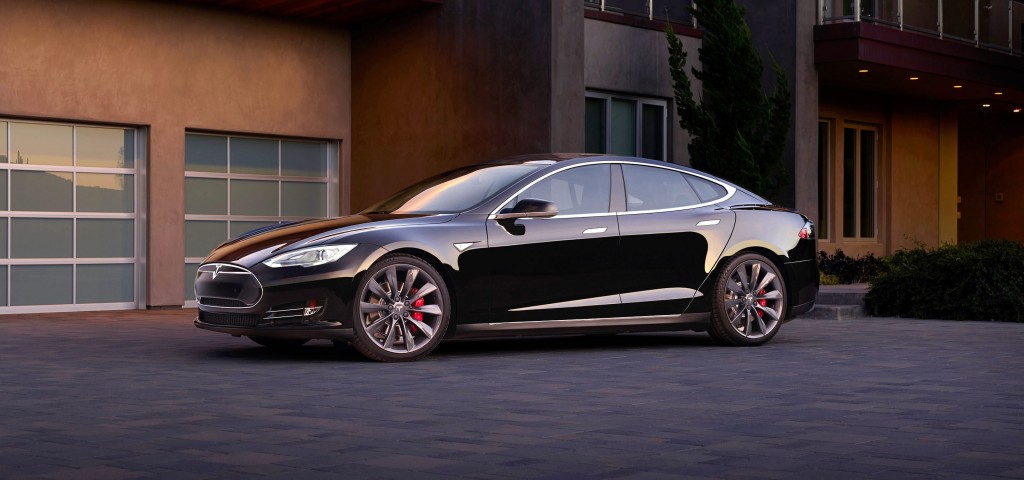The federal government has asked Tesla to recall approximately 158,000 vehicles, including the 2012-2018 Tesla Model S and the 2016-2018 Tesla Model X, for failures that would result in the loss of rearview camera views and “other safety-related vehicle functions.”
Specifically, the National Highway Traffic Safety Administration’s Office of Defects Investigation (ODI) points to the media control unit, and an integrated flash memory device with storage capacity that’s used every time the system starts up.
Because Tesla decided to put the defroster/defogger button and other climate controls on the screen, rather than as a standalone button set, a screen failure falls into the safety domain. Prior to Tesla’s lead in moving a number of those functions to the screen, the failure of an infotainment system that covered radio, entertainment, calling or navigation functions wasn’t considered a critical safety issue meriting a recall.

2016 Tesla Model S
The mandate for rear cameras as part of the safety set is more recent. A federal requirement for rearview camera systems was phased in starting May 1, 2016, and 100% of vehicles were required to be compliant by May 1, 2018.
The ODI, in the formal recall request, says that failure of the media control unit causes the loss of the backup camera system and climate controls. It also points out that it “has an adverse impact on the Autopilot advanced driver assistance system, as well as turn signal functionality due to the possible loss of audible chimes, driver sensing, and alerts associated with these vehicle functions.”
Partly perhaps due to Tesla’s decision to go with a large-format setup that wasn’t yet available a decade ago in a more durable automotive-grade format, Tesla owners have been complaining for years about a range of problems with the 17-inch touchscreen system, including screen overheating and premature yellowing.
![2012 Tesla Model S display screen [Photo: Flickr user jurvetson] 2012 Tesla Model S display screen [Photo: Flickr user jurvetson]](https://images.hgmsites.net/lrg/2012-tesla-model-s-display-screen-photo-flickr-user-jurvetson_100393720_l.jpg)
2012 Tesla Model S display screen [Photo: Flickr user jurvetson]
The recall request notes that Tesla has already issued several over-the-air updates in an attempt to mitigate the issue, but those updates are “procedurally and substantively insufficient.”
“Given Tesla’s projects of MCU repairs, even MY 2018 subject vehicles will experience 100% failure of the MCU within approximately 10 years,” the office said, citing Tesla’s own confirmation of the issue. In 2018 Tesla upgraded the control unit hardware.
Tesla has until January 27 to respond to the federal government.













